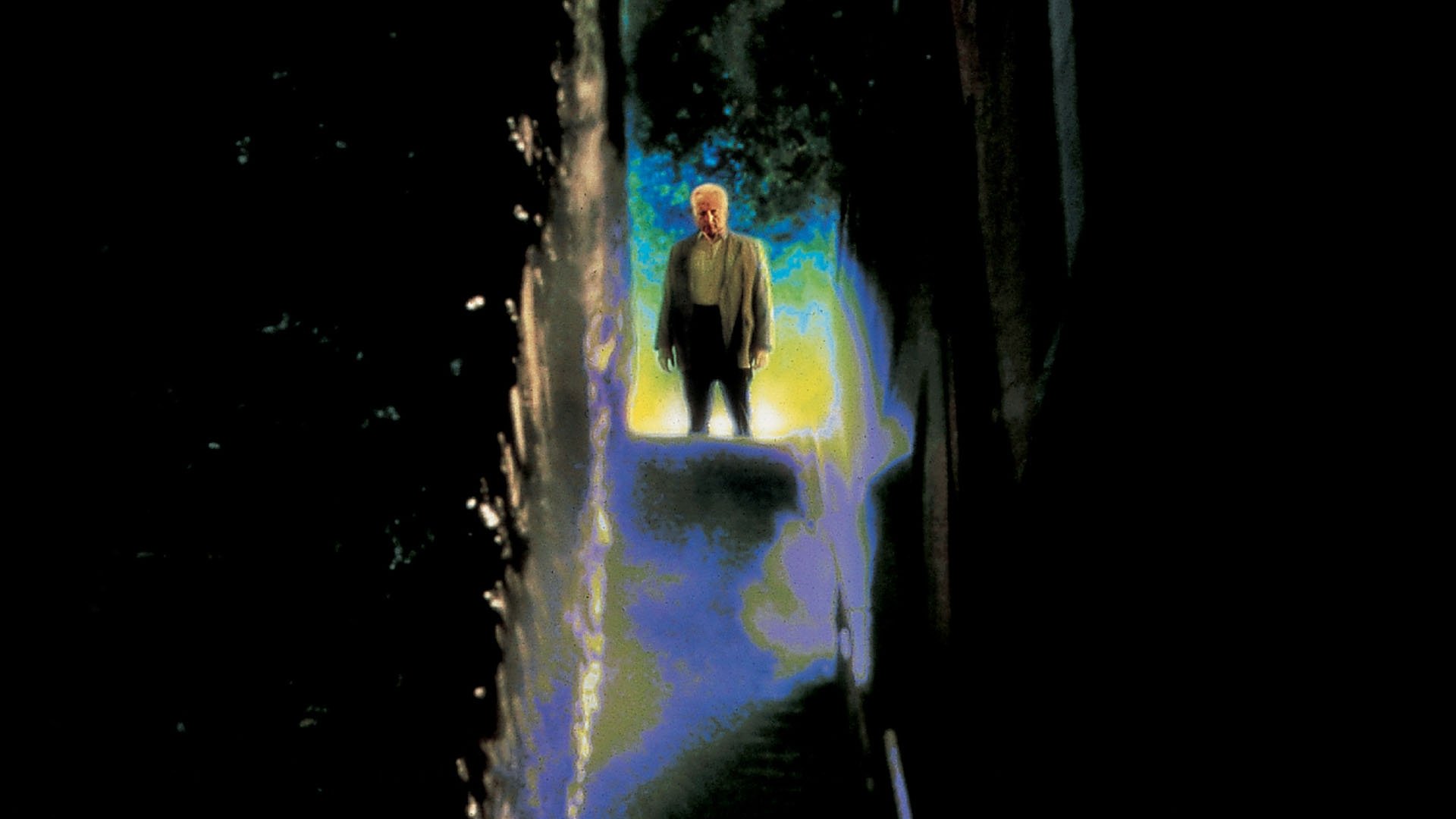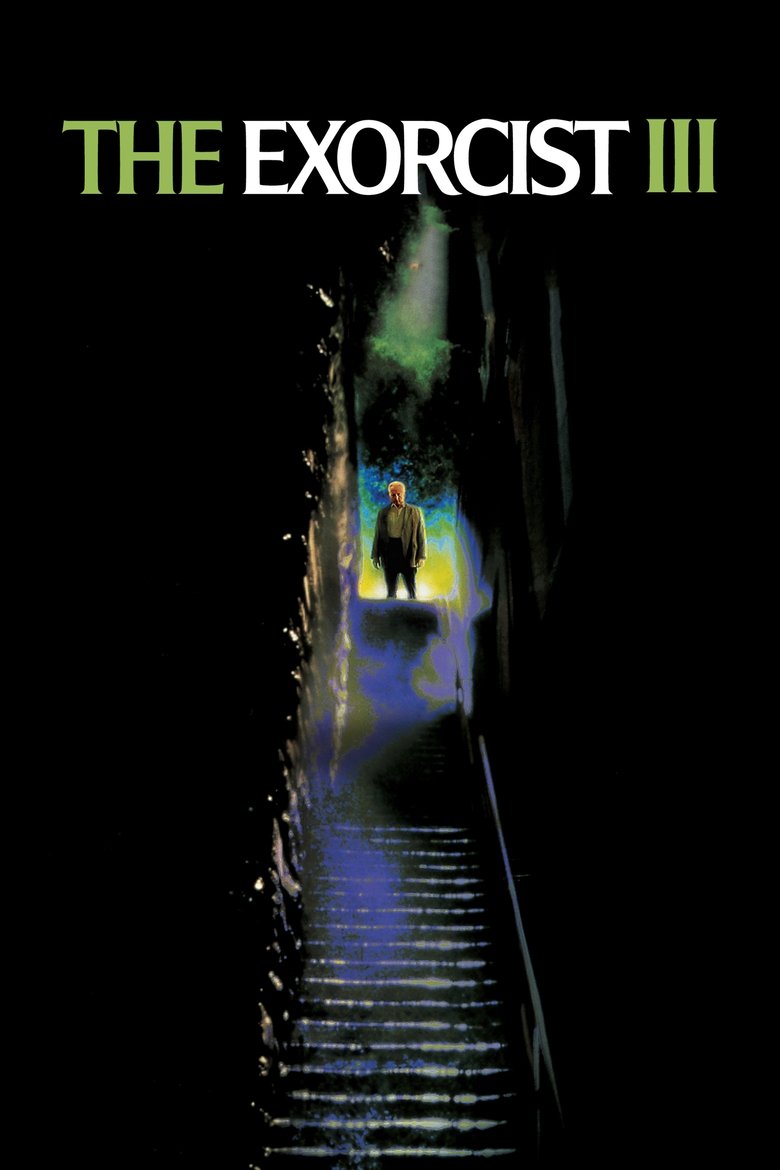talisencrw@talisencrw
Very good sequel retains the high standard Blatty's original screenplay set!
In going through the original 'Exorcist' trilogy (I have the DVD 6-pack, with the two versions of the remarkable original, as well as the two recent prequels, so far unwatched), I was intrigued of seeing Oscar-winning writer William Peter Blatty's second stint behind the camera (for the record, I adored his 'The Ninth Configuration', done a decade prior), especially for the franchise that became his bread-and-butter (though I loved two films he earlier had co-wrote: 'A Shot in the Dark' and 'The Omega Man').
He once again does quite a credible job--both with the writing and in helming the picture. To me, it didn't matter much that Linda Blair wasn't involved--I like how it became a search for an already-dead serial killer--and I have been a great fan of George C. Scott in genre films since the likes of 'Dr. Strangelove' and 'The Changeling'. The scares and shocks were genuine, and the suspense and interest were there. It made me wish that even more sequels had been made, it was THAT good.
tmdb28039023@tmdb28039023
What's good in this film we can attribute to William Peter Blatty's script and direction and to the casting, especially Brad Dourif and George C. Scott; what's bad, to Executive Meddling – in particular the last minute exorcism performed by a last minute priest; it says a lot that Burton's Father Lamont from Exorcist II: The Heretic is more memorable than Nicol Williamson's Father Morning.
Unlike The Heretic, III looks and feels – except for a bizarre dream sequence featuring cameos by Fabio and Patrick Ewing as angels – like it belongs in the same world as The Exorcist; that is to say, it knows the words and the music.
There are haunting visuals that stay with you long after the film is over (the crucifix opening its eyes, the old woman crawling on the ceiling, Scott's daughter's near decapitation). At the same time, the film has a sense of humor that I would call shakespearean; Father Joseph Dyer (Ed Flanders), whose dialogue includes a reference to Mel Brooks's Spaceballs, is akin to the gravedigger in Hamlet or the porter in Macbeth.
What bothers me about III is the same that troubles me about The Heretic – though to a much lesser degree –, and it's the 'how.' Specifically, how Patient X, alias Father Damien Karras (Jason Miller), ends up in a cell in a hospital's psychiatric ward for the past 15 years.
It's a good thing that Blatty decided to have X played by both Miller and Dourif – more so the latter than the former –, because Dourif, as James 'The Gemini Killer' Venamun, has a long, expository, loose-end-tying monologue which proves that sometimes you can indeed polish a turd; it doesn't, even after allowing for supernatural intervention, make a lick of sense (the corpse of a beloved local priest bursts out of his "cheap little coffin" and goes missing, and no one is the wiser? Yeah, right), but it's all in the delivery.
Dourif turns in a blood-curdling, bone-chilling campfire tale (at one point he even briefly reflects "is this true?", as if he finds it hard to swallow himself). Now, I'm not saying Miller couldn't have done this, but in retrospect I don't see how he or anyone else could have; I only know Dourif did it because I watched him do it in a movie-stealing performance that doubled the considerable respect I already had for him and his craft.

GenerationofSwine@GenerationofSwine
This was the best sequel to The Exorcist they made, and that isn't really saying much. The second one was horrible and the ones that followed were horrible. In fact, I think they were so bad it was instantly remade.
But, this one was decent, it felt the most like an actual sequel to the Exorcist, it was unsettling, it was intelligent, it was pretty memorable in its own way. But it still was a bit too much, not underplayed enough to really feel like the one that started it all.
And, honestly, compared to what we have in the theaters today it is a great film

